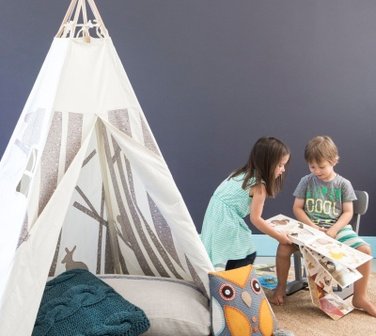Best advice comes from hands-on mums
Like any matter to do with children, you can ask the experts but some of the best advice can be heard from those who’ve been there and done it or are in the throes of doing it.
So we took our question of “How to teach your kids the value of money” to a group of school mums who were more than willing to share the tales of their own wins, losses and near misses.
All agreed money should be earned and that pocket money gave each child in the family the opportunity to “earn their keep” and sent the message that all members of the family were expected to contribute to the smooth running of a happy family home.
How much a child should earn varied from five cents to a dollar for each job with the consensus being that young children should be paid for each job as they did it. This was because too often the reward was forgotten by mum and dad by the end of the week and kids ultimately responded better (or were more likely to get the job done) if the money came immediately.
When the value of money was still being understood the lesson shared was to accumulate points that resulted in money. One suggestion was to give a bead rather than cash so that the number of beads collected in the purse by the end of the week equated to cash. More beads — more cash.
One mum lamented that the cost of some children’s items like electronic toys made saving a small amount of pocket money each week an insurmountable savings plan for a child. Her advice was to plan with the child by setting out a savings plan with a realistic, achievable goal. When the item was obviously beyond reach then maybe the child should be expected to save half of the amount by a certain time and if they could achieve that goal, the parent would help with the purchase.
It was also a chance to teach kids a lesson about getting value for money by comparing what could be bought with the same amount of money a computer game cost.
Being open with children about money was a subject baulked at, with the greatest fear being the stories the children would tell at school. Most mums felt it was a subject best kept for older kids.
The mother of teenage boys said her children knew exactly how much money came into the house each week and therefore how much was available to spend. This had stopped the pestering for goods that just couldn’t be bought because there just wasn’t enough money.
On the good (or bad) side, being open about money also resulted in children who shopped enthusiastically with their mum in the supermarket, suggesting that perhaps she didn’t need to buy particular items at high prices.
© The West Australian
More Lifestyle news at thewest.com.au
First published in The West Australian June 15, 2011.









